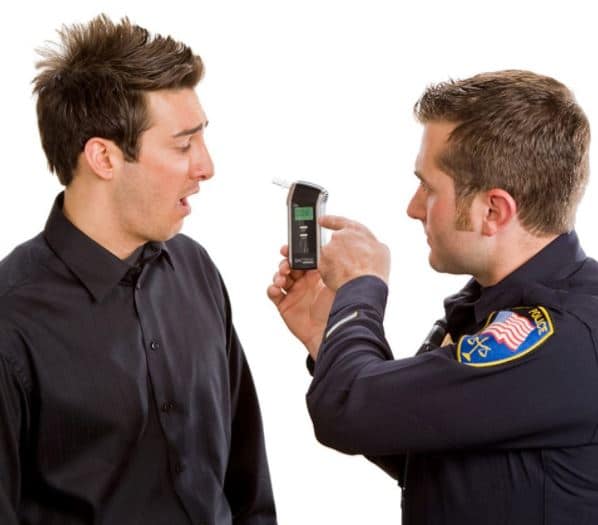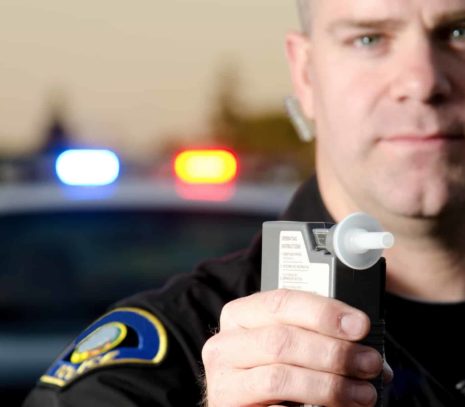Do I have a choice to refuse to perform police field sobriety testing?

Yes, you can refuse the police field sobriety tests. Police officers have many tools that they use to help them determine whether a person is intoxicated for DWI purposes.
Field Sobriety Tests: Tools of the trade
Many of these tools are the subject of great debate as to whether or not they are accurate and/or reliable indicators of intoxication.
The favorite roadside tools of the officer are the portable breath test (PBT) device and standardized field sobriety tests (SFSTs).
There is no “implied consent” statute that requires you to submit to either a PBT or SFSTs, so you may decline the invitation to take them.
Refusing Doesn’t Mean You’re Guilty
Many innocent drivers do refuse to submit to a PBT because the specimen given is not preserved and the devices are generally not accepted in the scientific community as being accurate or reliable.
Further, many innocent drivers refuse to submit to the SFSTs because they feel they are uncoordinated and are very nervous so any test results will not accurately reflect their sobriety.
TELL US ABOUT YOUR CASE
Form Submissions have a fast response time. Request your free consultation to discuss your case with one of our attorneys over the phone. The use of this form does not establish an attorney-client relationship.
The information on this website is for general information purposes only. Nothing on this site should be taken as legal advice for any individual case or situation. This information is not intended to create, and receipt or viewing does not constitute, an attorney-client relationship.





